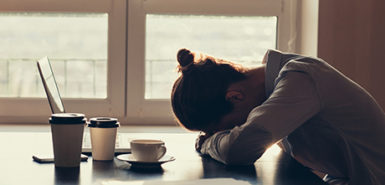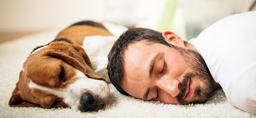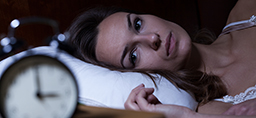
Maybe sleepy adults should remember mom’s advice.
That is the conclusion of a small study that suggests that short power naps can counteract some of the stress brought on by sleep deprivation.
Lack of sleep is a national issue. The Centers for Disease Control and Prevention considers insufficient sleep a public health issue.
A lack of sleep can contribute to reduced productivity as well as vehicle and industrial accidents. In addition, those who sleep too little are more likely to develop chronic diseases such as obesity, diabetes, high blood pressure and depression.
Now there may be a way to counteract a short night. A small study looked at 11 men to examine the relationship between hormones and sleep. These men underwent two periods of sleep testing where meals and lighting were strictly controlled.
During the first session, the men were limited to two hours of sleep for one night. During the second session, the men took two, 30-minute naps the day after their sleep was restricted. Each of these sessions began with a night where the volunteers spent eight hours in bed and concluded with a recovery of unlimited sleep.
Researchers found that after a night of short sleep, the men increased their levels of norepinephrine, a hormone involved in the body’s response to stress by two and a half times. However, there was no change in norepinephrine levels when the men napped following limited sleep.
“Our data suggests a 30-minute nap can reverse the hormonal impact of poor sleep,” said Brice Faraut, one of the researchers, in a news release. “This is the first study that found napping could restore biomarkers of neuroendocrine and immune health to normal levels.”
The study’s findings were published in The Journal of Clinical Endocrinology & Metabolism.
Study results point to the possibility that napping could counter the damaging effects of sleep deprivation. Napping might be a practical way to help those who suffer from a lack of sleep on a regular basis.
“While the results are encouraging, the sample size of this study was too small to call this study conclusive,” said Ravichand Madala, MD , a sleep medicine physician with the Spectrum Health Medical Group. “I’d like to see this replicated in a larger study.”
The doctor said a lot is known about the body’s response to lack of sleep, but not very much about the benefits of napping.
“We may recommend naps in the future,” Dr. Madala said. “Maybe mom was right about feeling better after a nap.”
 /a>
/a>
 /a>
/a>
 /a>
/a>